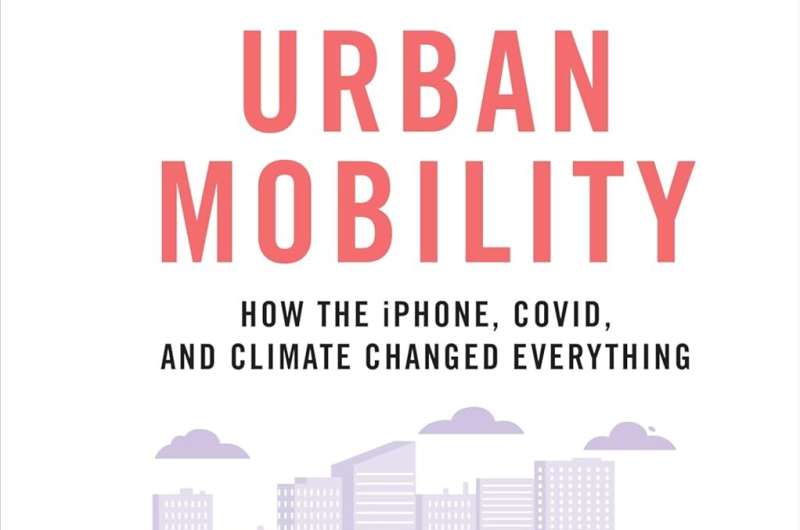Canadian cities are grappling with a mobility crisis, facing issues like long commute times, high congestion, and infrastructure vulnerable to climate change. This blog explores how technology, the COVID-19 pandemic, and the climate crisis have shaped urban mobility, particularly for those with inadequate transportation networks. It also delves into the need for innovative solutions and policy actions to create a more sustainable, equitable, and economically vibrant future for Canadian cities. Key topics include the impact of remote work, the role of digital platforms, and the importance of addressing the interconnected challenges of digital, health, and environmental transitions. Urban planning and sustainable transportation are crucial to this discussion.

Bridging the Gap: Addressing Canada’s Urban Mobility Challenges
Canadian cities have grown faster than their sustainable transportation options, resulting in a widening gap between capacity and potential. The COVID-19 pandemic has exacerbated this issue, with remote work reducing commuter numbers and permanently altering how Canadians engage with their cities. Businesses and urban economies, designed to rely heavily on the movement and presence of large numbers of people, are still grappling with this new reality.
The disruptions caused by technology, the pandemic, and climate change have reshaped how people and goods move in cities. To build a better future, Canadian cities must address the interconnected challenges of digital, health, and environmental transitions. This requires strong leadership and policy action from governments at all levels, embracing bold and innovative solutions that reduce carbon emissions, leverage political will and funding to shift away from private automobiles, and experiment with digital mobility services while prioritizing sustainability.
Equitable Access: Ensuring Inclusive Urban Mobility Solutions
Research has shown that the usage of ride-hailing and public transit during the pandemic was clearly organized along class, neighborhood, and social lines. People identifying as low-income, immigrant, racialized, essential workers, and car-less were more likely to continue riding transit, as other options were not readily available to them. Similarly, in Calgary, private technology experiments in electric scooters privileged wealthier neighborhoods, while usage dropped as poverty levels increased.
To build a more equitable future, Canadian cities must ensure that all communities, regardless of economic status, have access to a diverse range of mobility options. This includes investing in robust public transportation systems, promoting the development of affordable micro-mobility solutions, and ensuring that technology-driven mobility services are accessible and inclusive to all.
Embracing Innovation: Leveraging Canada’s Urban Mobility Potential
Canada has a history of importing technological solutions, rather than creating its own. However, the city of Montréal offers a successful example with its Bixi bike program, the third-largest bike-share system in North America. This program is run by a non-profit, with the bikes manufactured in Saguenay-Lac-Saint-Jean using aluminum provided by Rio Tinto Alcan.
Canadian cities need to build more innovation opportunities that promote economic development and improve mobility simultaneously. The country’s technology sector is currently underserved, and there is a need for greater investment and support to unleash the full potential of urban mobility solutions. By embracing innovative approaches and fostering local talent, Canadian cities can create sustainable and equitable transportation systems that enhance the well-being of their communities.
